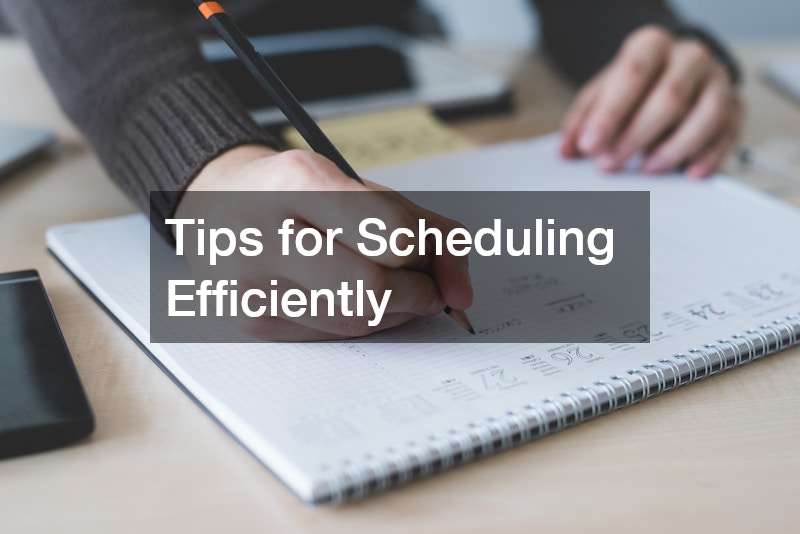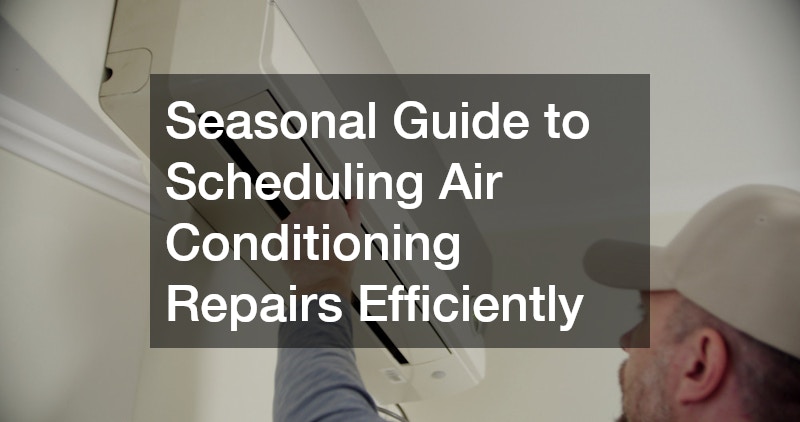Australia’s climate can be both a blessing and a burden. From scorching summers in the north to brisk winters in the south, managing indoor comfort is essential year-round. One key to maintaining comfort, energy efficiency and cost control is timing your air conditioning repairs wisely. This seasonal guide outlines how to plan repairs efficiently, helping you avoid costly breakdowns and beat the seasonal rush.
Why Timing Matters for Cooling Unit Repairs
Just like any appliance, air conditioners wear down over time. However, unlike a dishwasher or microwave, your cooling system is crucial for maintaining a liveable environment, especially during extreme weather conditions. By scheduling timely maintenance and repairs, you can extend the life of your system, keep running costs down and avoid emergency call-outs.
Seasonal timing is especially important. Knowing when to book air conditioning maintenance can mean the difference between a simple tune-up and an expensive, urgent fix. Let’s take a closer look at each season’s unique benefits and challenges when it comes to HVAC upkeep.
Summer: Peak Demand & Potential Risks
General Insight:
During summer, especially between December and February, air conditioners are running at full capacity across the country. As a result, this is the busiest time of year for HVAC technicians.
Specific Recommendation:
Avoid scheduling non-urgent cooling unit repairs during summer. Not only will wait times be longer, but costs may also rise due to high demand. However, if your unit breaks down or shows signs of major malfunction, such as blowing warm air, making unusual noises or tripping circuit breakers, book a repair as soon as possible. If you can, choose early morning appointments to avoid technician delays during heat waves.
Autumn: Ideal for Preventive Maintenance
General Insight:
March through May is a transitional period where temperatures begin to drop. It’s also the perfect window for servicing and light repairs, as demand tapers off.
Specific Recommendation:
Use autumn to inspect your system after summer’s heavy use. This is the optimal time for air conditioning maintenance that isn’t urgent but necessary, such as fixing worn-out components, addressing airflow issues or replacing filters. HVAC professionals have more availability, allowing for flexible bookings and potentially lower rates.
Winter: Off-Season Advantage for Cooling Units
General Insight:
Winter in Australia spans June to August and usually sees less use of air conditioning systems, particularly in the southern regions. This off-season is an excellent time to address any lingering issues with your cooling system.
Specific Recommendation:
Schedule any major air conditioning repairs during winter, especially if you noticed performance issues during summer but didn’t address them. Repairs like refrigerant top-ups, duct cleaning or fixing slow leaks are easier to complete when the system isn’t in constant use. Technicians are more readily available, which can also mean shorter service times.
If you have a reverse-cycle system, remember it still works hard during winter. In that case, monitor its performance closely—strange smells, loud noises or low airflow in heating mode may also indicate a need for attention.
Spring: Pre-Season Tune-Up Time
General Insight:
As temperatures begin to climb in September through November, many households begin using their air conditioners again. This makes spring the best time for a pre-season check.
Specific Recommendation:
Booking air conditioning maintenance in early spring ensures your unit is ready for the upcoming summer surge. Cleaning coils, checking refrigerant levels, testing thermostats and inspecting electrical components can help prevent summer breakdowns. Since most homeowners delay until it’s hot, booking early in the season helps you beat the rush and avoid inconvenient wait times.
Signs You Shouldn’t Wait to Schedule Repairs
No matter the season, some problems shouldn’t be ignored. If you notice any of the following, contact a professional immediately:
- Warm air coming from vents when set to cooling
- Weak or uneven airflow
- Unusual smells or sounds
- High energy bills without increased use
- System cycling on and off too frequently
Waiting too long can lead to costlier damage or complete system failure.
Tips for Scheduling Efficiently

To make the most of your service appointment, keep these tips in mind:
- Book Early: Don’t wait until it’s sweltering to act. Schedule appointments during off-peak seasons like autumn or winter.
- Know Your Unit: Take note of your air conditioner’s model and past issues so you can give the technician clear information.
- Combine Services: If possible, bundle air conditioning maintenance with general maintenance to reduce service fees.
- Check Warranty Terms: Some repairs may be covered under your system’s warranty or manufacturer’s guarantee.
Efficiently managing your air conditioning repairs is all about timing. By aligning repair schedules with seasonal patterns, you can improve your system’s longevity, reduce costs and maintain comfort year-round. Whether you’re prepping for the heat, recovering from heavy use or simply conducting routine checks, being proactive can save both time and money.

